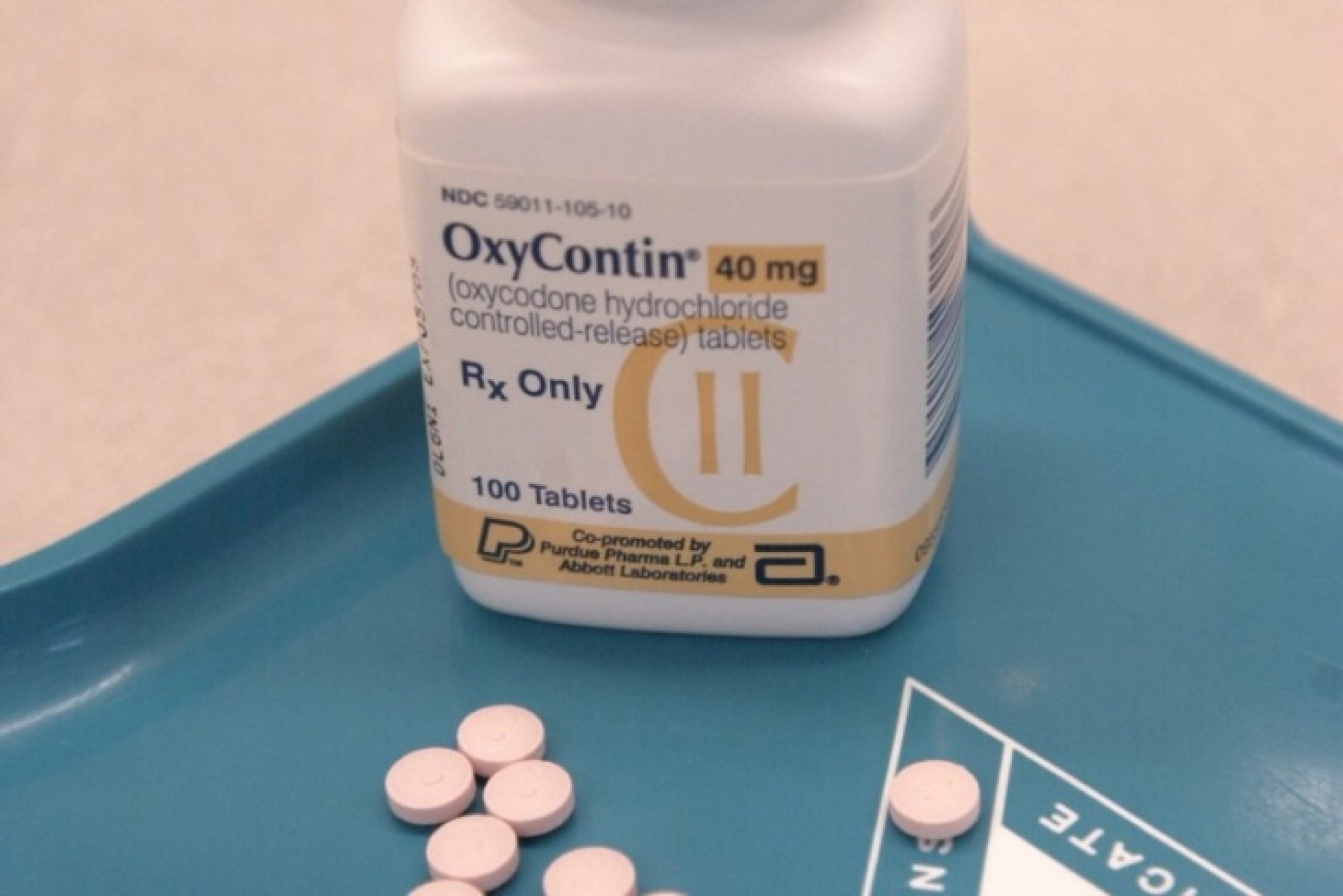Creating a Community for LGBTQ Recovery

In the 1980s, Former First Lady Betty Ford helped break down stigma toward addiction among women when she sought treatment for her disease and later opened a treatment center. Now that center, The Betty Ford Center in West Los Angeles, wants to diminish the stigma around addiction for another vulnerable population: people who are lesbian, gay, bisexual, transgender or questioning (LBGTQ).
“Just as Betty Ford destigmatized addiction for women, we’re trying to do it again with the LGBTQ community,” said Dr. Matthew Polacheck, the director of outpatient services at the Hazelden Betty Ford Foundation’s West Los Angeles office.
LGBTQ individuals experience substance misuse at rates 2 to 4 times higher than those of the general population, Polacheck said, due to a number of risk factors that are unique to this community.
“Many people in this population are skilled at hiding their identities, so they’re also skilled at hiding addiction, which can compound both issues,” Polacheck said.
While LGBTQ people are more likely to struggle with addiction, they’re less likely than the general population to seek professional help, something that the Hazelden Betty Ford Foundation is hoping to change with LGBTQ integrated services, which they began offering two years ago.
“Our goal is to reduce the roadblocks to LGBTQ people seeking treatment,” Polacheck said.
In part, that means normalizing the conversation about substance abuse in the LGBTQ community. The Hazelden Betty Ford Foundation is active at pride rallies and other LGBTQ events in hopes of facilitating a conversation about substance abuse treatment.
The program also aims to address bias among providers. Despite the growing national acceptance of LGBTQ individuals, many providers still have their own biases, which can impact the way they treat patients from these communities, Polacheck said.
“You have this vulnerable population that has a higher level of need, and they’re going to face discrimination that will lead to negative health effects,” he explains. Because of this, many people do not disclose their sexual orientation to their healthcare providers.
To try to combat this, counselors and staff receive special training on how to use inclusive language, be respectful and otherwise make LGBTQ patients feel comfortable. Subtle changes — like not asking someone to identify their gender on intake forms — can make LGBTQ patients feel more accepted from the start of treatment, which increases the likelihood that they will complete the program.
When patients receive LGBTQ services they are working alongside non-LGBTQ patients about 80 percent of the time, completing an empirically-proven program that has been shown to facilitate recovery for patients at the Hazelden Betty Ford Foundation. The other 20 percent of the time they are attending LGBTQ-specific meetings and working around issues unique to their community.
“We feel it’s critical for the LGBTQ population to connect to specific issues that they experience that other people don’t,” Polacheck said. One issue is the prevalence of substance use in the LGBTQ social scene.
“If you’re in a community where it’s accepted to use drugs and alcohol, coming out against that can be socially risky,” Polacheck explained.
However, there are equally strong sober LGBTQ groups, particularly in more diverse parts of the country like West L.A.
“It’s almost a secret,” Polacheck said. “People don’t realize there’s this vibrant LGBTQ recovery community.”
Everyone who comes through the integrated program is connected with a member of the alumni, who in turn helps them plug into the wider LGBTQ recovery community.
“It’s our job to build that bridge and to make sure our patients know what’s out there,” Polacheck said. “It’s this beautiful symmetry to go from a social scene based on partying to a social scene that’s much healthier. There’s a better life out there.”
The Hazelden Betty Ford Foundation’s LGBTQ integrated services are helping more people to access their best life.
“I think Betty would be proud of where we’re going,” Polacheck said.


